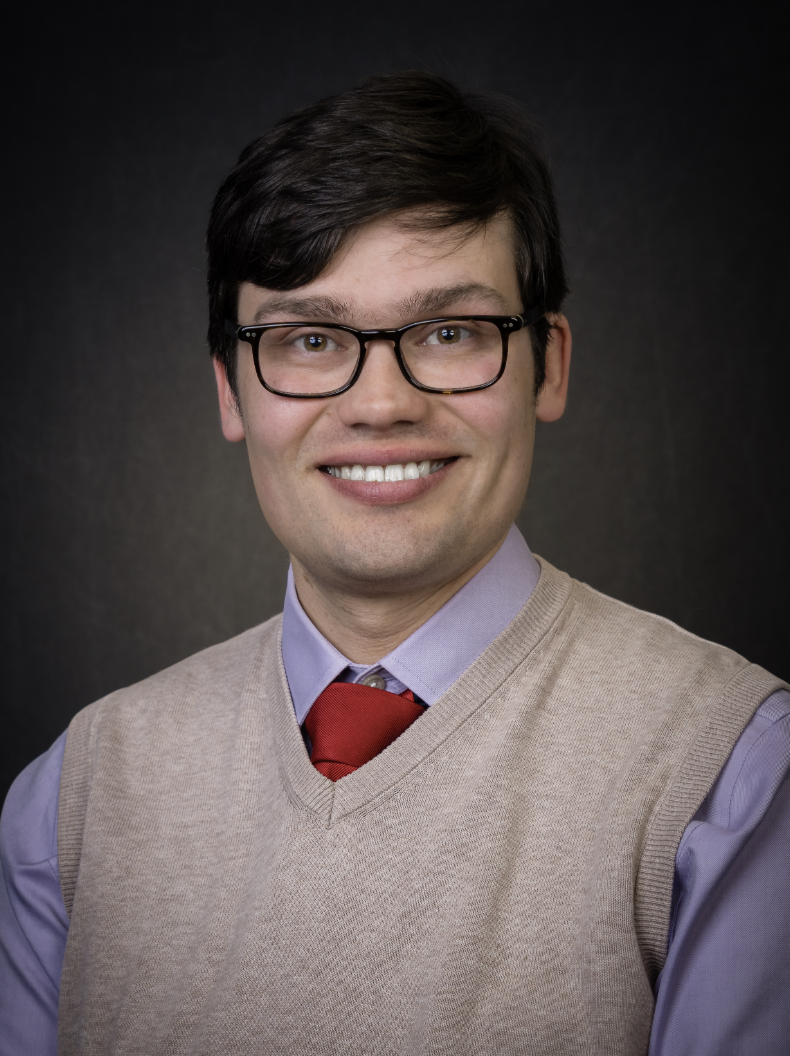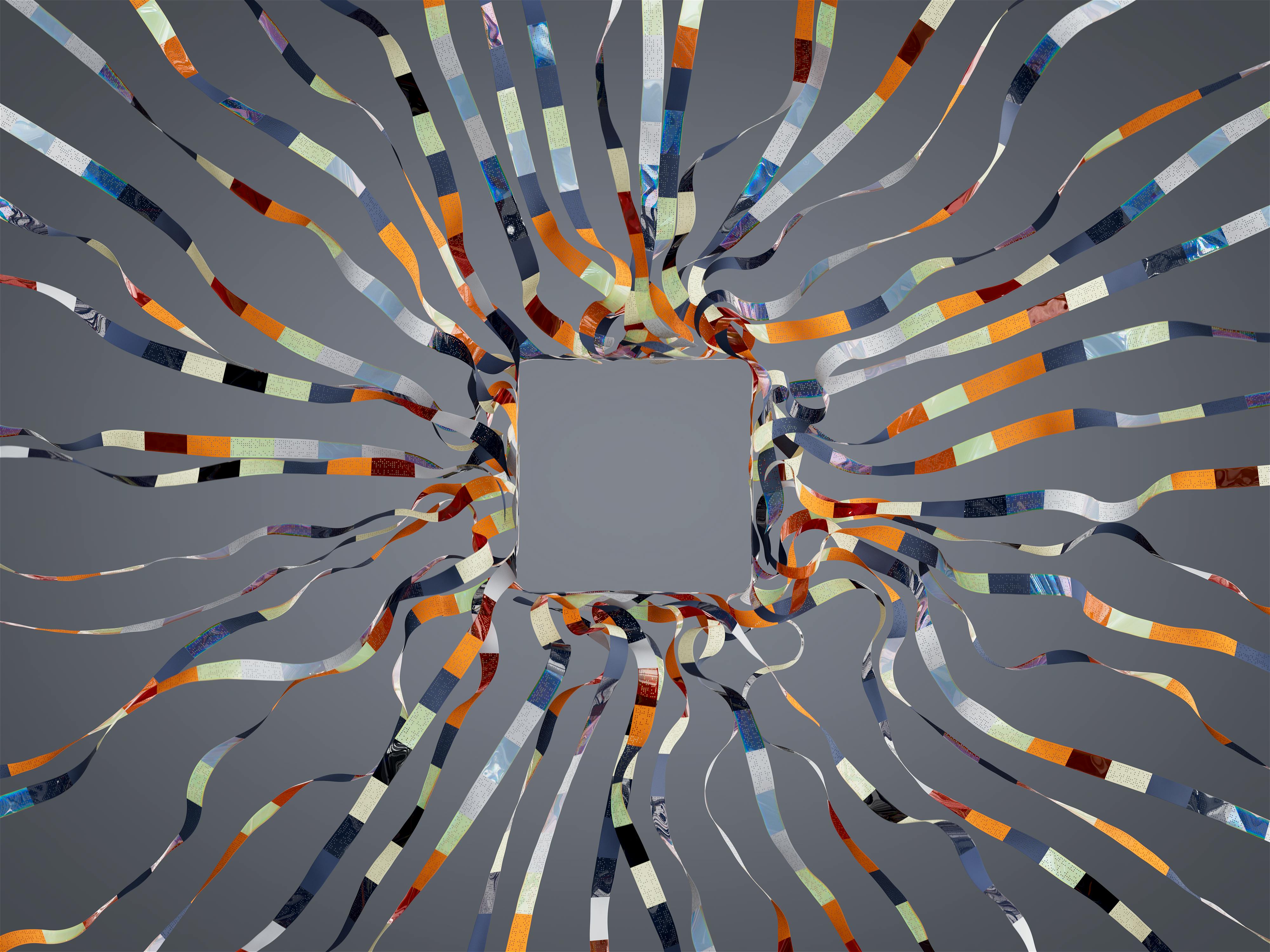About This Course
Probabilistic Graphical Models are central to modern artificial intelligence and machine learning. This course equips students with the knowledge and tools to represent uncertain relationships between variables, perform efficient inference, and learn model structures from data. Through a mix of lectures, tutorials, and project-based work, students will gain hands-on experience in building and applying PGMs to real-world datasets and challenges.
Learning Objectives
- Acquire subject-specific theoretical and methodological knowledge in probabilistic modeling.
- Develop skills to analyze uncertainty using structured probabilistic frameworks.
- Apply PGMs to practical challenges through concrete project work.
- Strengthen teamwork, analytical thinking, and presentation skills.
Study Programs
This course is a elective for the following study programs.
This course can1 also be selected as an elective in the following study programs:
- M.Sc. Cybersecurity
- M.Sc. Advanced Digital Reality
- M.Sc. Digital Leadership
- MBA Digital Technologies
- MBA Digital Transformation
1: Generally all mandatory modules of a study program can be selected as an elective in all study programs in which they are not offered as a mandatory module. However, there are several rules that apply. First, at least half of the selected electives have to be taken from your study program. Second, all electives are only available in either odd or even quarters. Therefore, not all electives are available in all programs (given that you want to finish the program within the regular time frame and do not want to take that elective in parallel to your impact project.)
Micro Degree
- This course is offered as a micro degree.
- German UDS Micro Degrees are compatible with the European MOOC Consortiums Common Micro Credentials Framework.
- Micro Degrees will be rewarded with an equivalent of 5 ECTS.
- Micro Degrees are offered to non-regular students and require a fee of €900.
Requirements
Ideally, students have already completed Coding Camp 1.
General Information
- Teaching Format: Experience
- Total Workload Master: 125h (40h/85h) / 5 ECTS
- Total Workload MBA: 100h (40h/60h) / 4 ECTS
- Total Workload Micro Degree: 125h (40h/85h) / Equivalent to 5 ECTS
- Module coordinator: Dr. Felix Weitkämper
- Examinations: Quizzes, presentation(s), essay(s)/paper(s), project report(s), written exam (tbd) - Details will be announced with course start.
- Offered: Odd quarters
Course Staff
Dr. Felix Weitkämper
Felix has completed his undergraduate education in Mathematics with Philosophy at the LMU in Munich. Afterwards, he completed a doctorate in Mathematics with the Logic Group at the University of Oxford. After graduating from Oxford, he spent a year teaching 15-19 year olds at a technical college in the North of England as part of the Researchers in Schools initiative, which brought postgraduates from selective universities into schools in disadvantaged parts of England. In 2020, Felix moved into computer science and joined the programming languages and AI group at the LMU in Munich as a postdoctoral researcher. His research focus lies on interpretable, human-centered AI, and in particular on the combination of statistical learning and modelling with sophisticated logical reasoning. Within this field, his work spans from mathematical foundations to systems and applications in the life sciences. He is part of the German UDS family since October 2024 as a full-time senior researcher, doing his part for the new generation of AI specialists and deciders to be grounded in the whole breadth of AI research and technique.
Frequently Asked Questions
What web browser should I use?
Our German-UDS.academy platform works best with current versions of Chrome, Edge, Firefox, or Safari.
See our list of supported browsers for the most up-to-date information.



